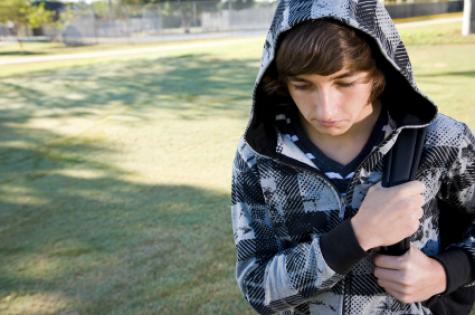More young people experience high levels of psychological distress when their father has cancer compared with their mother, according to research by youth cancer charity CanTeen.
Levels of psychological distress are commonly measured using a scale called Kessler 10, where results are organised into four categories; low (10-15), moderate (16-21), high (22-30) and very high (31-50).
In Australia overall, 9% of young people are in the high or very high categories.
The CanTeen study found that the figure leapt to 55% among young people whose mother had cancer and rose even further to 72% when the father had cancer.
“Every year, another 21,000 young people face the challenge of having a parent diagnosed with cancer, which often leaves them feeling vulnerable, frightened and confused,” said Dr Pandora Patterson, General Manager - Research at CanTeen.
“Our research aims to provide a better understanding of their needs so that we can adapt CanTeen’s services and programs – or develop new ones - to best support young people living with cancer.
“What surprised us about our study was that more young people experienced high levels of psychological distress when their father had cancer compared to their mother.
“One possible explanation for the findings stems from the fact that the caregiver within a couple affected by cancer often experiences higher levels of distress than the patient. If the mother is caring for the father, this could potentially have a greater impact on the children.
“We also found that cancer returning to the family through a parent relapsing led to more psychological distress than the initial diagnosis.
“Almost 70% of young people whose parent had relapsed were experiencing high or very high levels of psychological distress compared to 57% of those whose parent was fighting cancer for the first time,” Dr Patterson said.
CanTeen provides a range of free counselling and support programs for young people whose parents have cancer. Visit canteen.org.au for more information or call 1800 226 833.


















__small.png)










